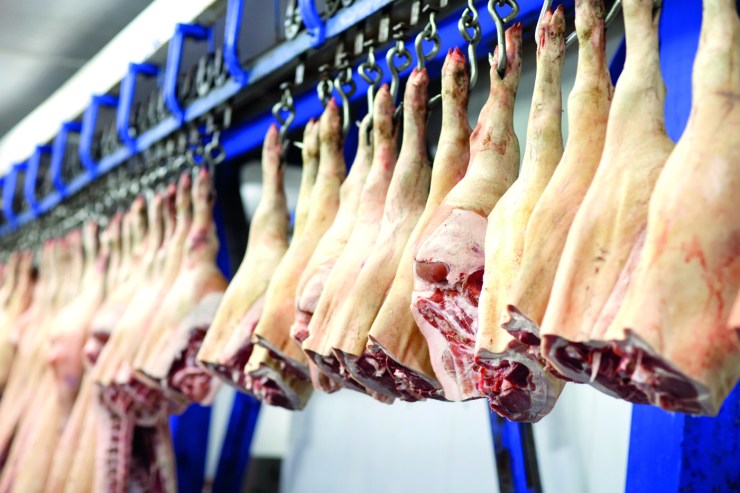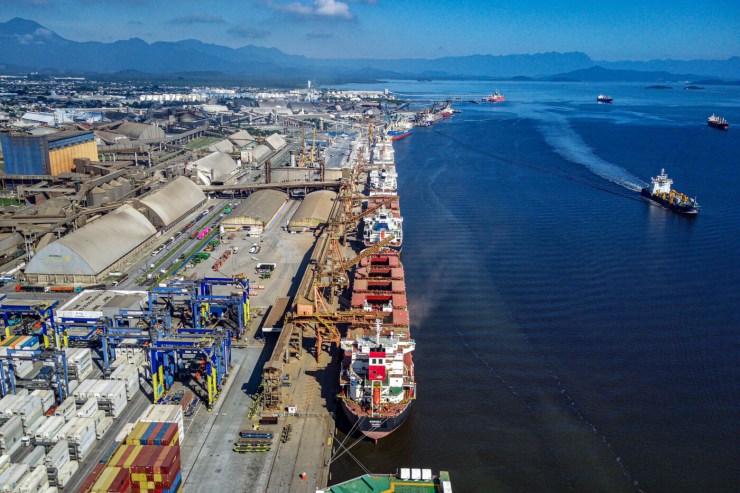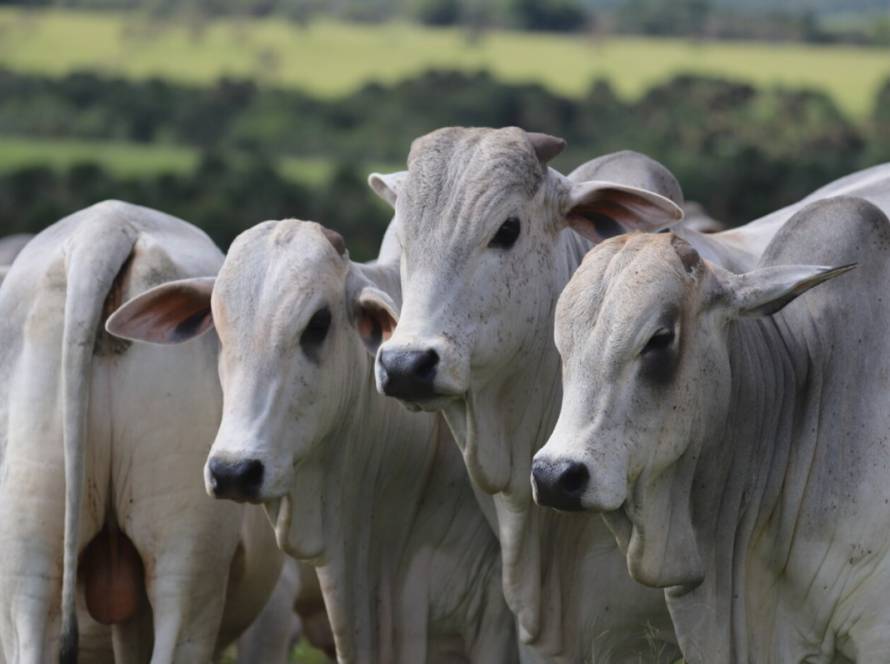Brazilian agribusiness exports totaled US$1.41 billion in May 2025. Despite a slight drop of US$1.41 billion compared to the same month last year, the result reflects resilience in the face of the reduction in shipped volume (-4.21 billion) and reinforces the sector's strategic role in Brazilian exports. The drop was partially offset by a rise of US$2.91 billion in average prices of exported products.
The Ministry of Agriculture and Livestock (Mapa), under the leadership of Minister Carlos Fávaro, has been working to expand markets and diversify the export agenda. In May, this movement was evident in less traditional sectors that achieved historic results.
Products such as fruit juice, ice cream, paper, guavas and processed potatoes recorded, in May, the highest export values in the historical series that began in 1997. Fruit juice, for example, jumped from US$$ 11.3 million in May 2024 to US$$ 25.5 million in 2025, an increase of 126%. Ice cream exports also increased significantly, going from US$$ 3.6 million to US$$ 6.4 million (+78.6%). Guava reached US$$ 278 thousand, double the value shipped in the same month of the previous year.
Another highlight was cellulose, which reached a record in both volume and value: US$$ 981.5 million and 2.1 million tons. China, the main destination, increased its purchases of the Brazilian product by almost 60%.
Exports of fresh pork also registered significant growth, reaching US$1.5T in May 2025, an increase of US$30.61T compared to the same month in 2024, when US$1.5T were exported. The increase was mainly driven by demand from markets such as the Philippines, Chile, Japan and Singapore.
Products such as peanut oil, cocoa butter and beef tallow also broke records for the month of May, highlighting the potential of niches that were previously little explored. Peanut oil, for example, totaled US$$ 30.1 million in exports, an increase of 125% compared to the value recorded in May 2024 (US$$ 13.4 million), a performance that signals new possibilities for the national agribusiness.
Despite the first record of Highly Pathogenic Avian Influenza (HPAI) on a commercial farm in Brazil, identified on May 15 in the municipality of Montenegro (RS), the impact on chicken meat exports was partially mitigated by the rapid and coordinated action of MAPA. Sanitary measures were completed in a timely manner and the government maintained ongoing dialogue with trading partners to clarify the actions taken. Although some countries imposed restrictions, some national, others regional, the poultry sector continued to operate with relevant performance, reflecting international confidence in Brazil's technical and sanitary capacity and in the transparency of the measures adopted.
It is worth mentioning that, in May, Brazil expanded its international presence by opening 25 new markets, totaling 381 accesses since the beginning of the current administration. Among the main new destinations are African countries, which reflects the progress in trade relations consolidated during the event: “II Brazil-Africa Dialogue on Food Security”, held in Brasília, with the presence of ministers of Agriculture from several nations on the African continent. Also noteworthy is China, the main trading partner of Brazilian agribusiness, which received a presidential mission during the month of May, reinforcing the role of bilateral cooperation in expanding exports.
Even well-established sectors, such as forestry and sugar and ethanol, continue to show strength. Despite the drop in sugar shipments, the growth in exports to markets such as China (+354%) partly offset the decline in sales to other countries. And the appreciation of coffee in the international market, although it has a specific impact on revenue, also contributed to the rise in the general price index.
May's performance reinforces that, even in the face of challenges, Brazilian agribusiness maintains its capacity to adapt and respond, with structured actions and ongoing dialogue with the markets. International confidence in the quality, health and regularity of Brazilian production continues to be one of the pillars of Brazil's positioning in international trade.





